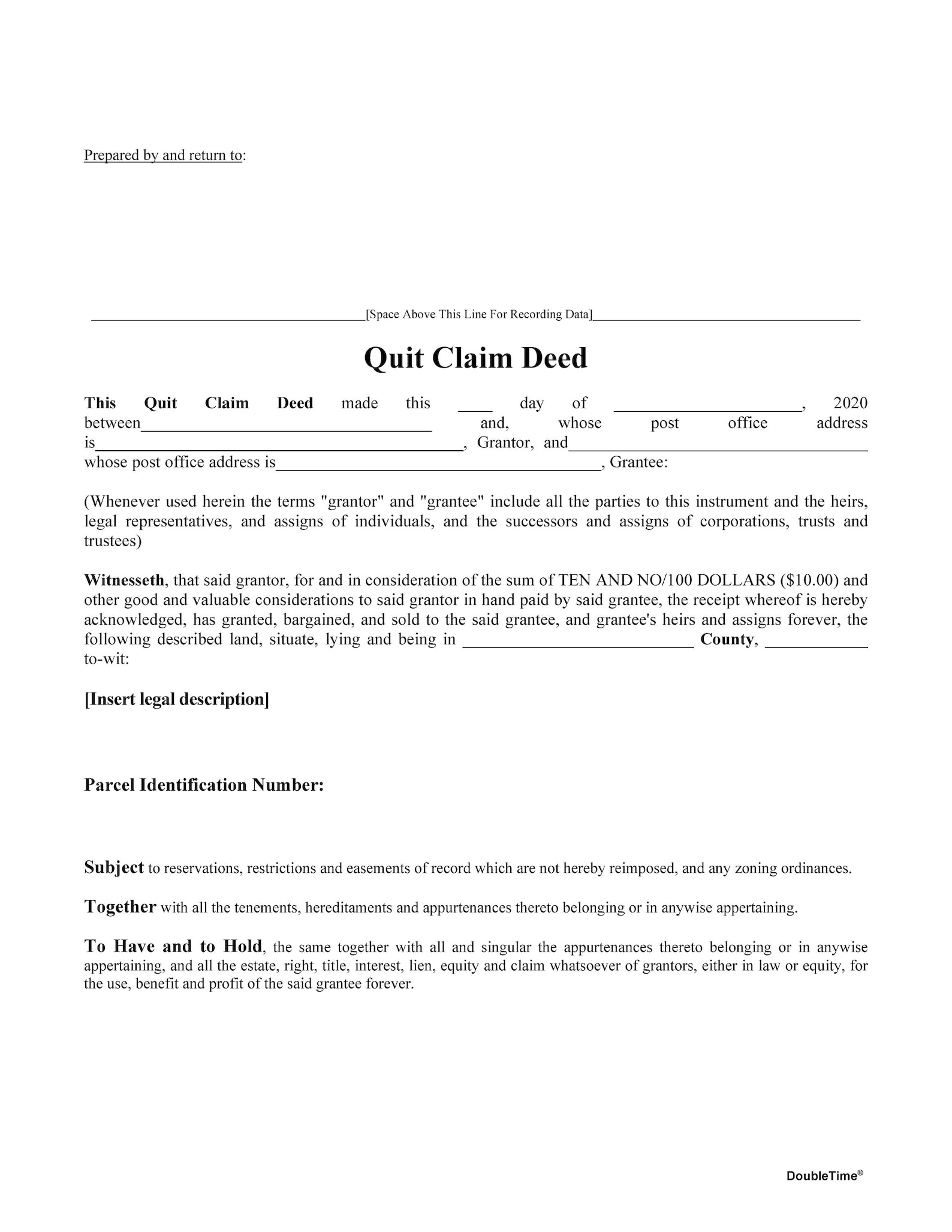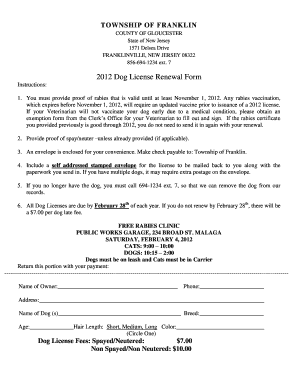

To prevent this, the director’s ratio (market value versus assessed value) is calculated and compared to the fee, assuring an accurate value of the transaction. There are times when a seller will list a lower price on the deed than that of the house’s true value, agreeing to receive additional payment later, on the sly, to avoid paying more taxes. The amount paid is based on 1% of the property’s selling price or through an assessed valuation divided by the Director’s Ratio. The RTF is paid when the deed for the property is drawn up. How is the Realty Transfer Fee Calculated? It is a one-time tax instead of property taxes which are paid every year for the duration in which you own your home and are tax-deductible. Is the Realty Transfer Fee Tax Deductible? The seller pays the RTF unless the property is worth more than $1,000,000 in commercial and residential properties the buyer also pays 1% of the property’s value. Who is Responsible for Paying the Realty Transfer Fee?

The most current Realty Transfer Fee law, Chapter 33, Laws of 2006, imposes a 1% fee on buyers in transfers of Class 4A, Class 2 and Class 3A properties, but only if the property includes a building or structure intended or suited for residential use transferred to the same grantee with the farm property and cooperative units, that incur the 1% fee for an entire consideration recited in the deed in excess of $1 million. The RTF applies to every conveyance of title to real property in New Jersey, unless the deed or transfer meets an exemption as provided under N.J.S.A. It must be paid when the deed is recorded at a rate of 1% of the property’s value.

In essence, the Realty Transfer Fee (RTF) demonstrates that property was transferred between two parties. imposes a realty transfer fee (RTF) on the seller of real property for recording a deed for the sale. Knowing what it is, who pays it, how it is calculated, and how it ultimately affects your real estate sales or purchases is essential if you intend to engage in a real estate transaction in the state of NJ. Since 1968, New Jersey has had a real estate transfer fee whose purpose is to cover the tracking and cataloging of the real estate sold every year. Key Information About the Realty Transfer Fee in NJ FebruThe realty transfer fee is the amount buyers and sellers pay to transfer property, and it works as evidence of the Real Estate transaction when dealing with a property in New Jersey.


 0 kommentar(er)
0 kommentar(er)
